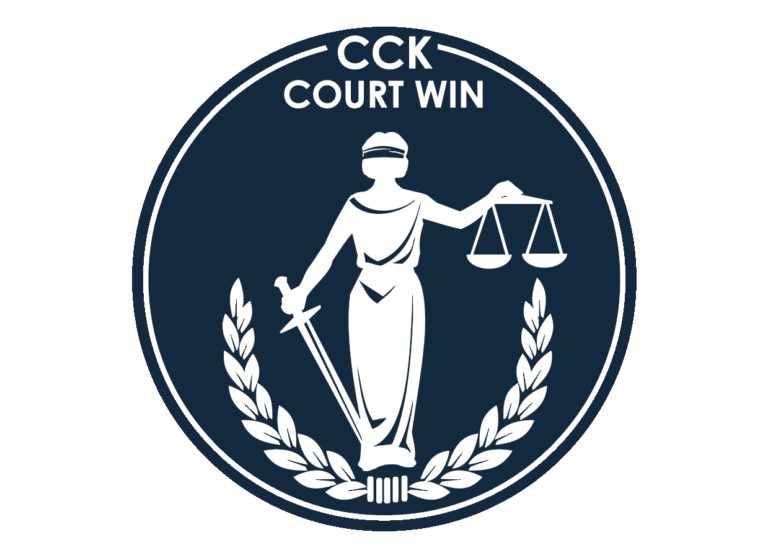CCK Successfully Argues that Board Erred in Denial of Service Connection for Squamous Cell Carcinoma

CCK Law: Our Vital Role in Veterans Law
Summary of the Case
The Veteran served in the United States Army from April 1966 to April 1968, and was diagnosed with squamous cell carcinoma on the right side of his neck in 2003. He filed a claim for service connection for his cancer and related conditions in December 2007. In July 2008, the Regional Office (RO) denied his claim, and the Veteran filed a Notice of Disagreement in August 2008. Following his appeal two physicians opined that the Veteran’s cancer was thought to have originated in his upper respiratory tract, and was likely due to exposure to Agent Orange.
In May 2013, the Board of Veterans’ Appeals remanded the Veteran’s case in order to obtain a medical opinion from a VA oncologist to determine if it was at least as likely as not that the Veteran’s cancer was a respiratory cancer. In September 2015, the VA examiner opined that it was not likely that the Veteran’s squamous cell carcinoma was caused by herbicide exposure, and that the location of the Veteran’s cancer was not considered to be part of the respiratory system.
In March 2017, the Board denied the Veteran’s claim for service connection for squamous cell carcinoma of the throat and residuals, relying on the examiner’s opinion.
CCK Appeals Squamous Cell Carcinoma Denial to Court
CCK appealed the March 2017 Board decision denying the Veteran service connection for squamous cell carcinoma of the throat and residuals, claimed as due to exposure to herbicides, to the Court of Appeals for Veterans Claims (CAVC). CCK argued that the examination on which the Board to deny the Veteran was inadequate because the examiner relied on an inadequate factual premise, and provided incomplete reasoning for her opinion that the Veteran’s cancer was likely caused by other risk factors such as smoking, alcohol consumption, and human papillomavirus.
Court Agrees with CCK that Examination was Inadequate on Multiple Counts
The Court agreed with CCK that the Board erred in relying on the September 2015 examination to deny the Veteran service connection for squamous cell carcinoma and residuals. The Court held that the examination was inadequate in multiple ways. First, the VA examiner mischaracterized the conclusions of the two favorable medical opinions in the file by restricting the understanding of where the Veteran’s cancer likely originated.
Second, the Board had previously held that the two favorable medical opinions held no probative weight because their conclusions of where the Veteran’s cancer originated were statements “of mere possibility and not probability.” As the VA examiner relied on the two favorable opinions in her conclusion, the VA examiner’s opinion should also be deemed to be of no probative value.
Third, the VA examiner noted that tobacco use, alcohol consumption, human papillomavirus and Epstein Barr virus are the four most common causes of pharyngeal cancers. However, she noted that the Veteran’s alcohol consumption and “Epstein Barr status” were not known, and did not address how many packs a day the veteran smoked. When discussing human papillomavirus, the examiner noted that the Veteran had a sexually transmitted disease during service, and it was “not out of the realm of possibility that [he] could have been exposed to other [sexually transmitted diseases] during his life time.” However, she provided no evidence on which she based her conclusion.
And finally, the examiner stated that she “did not see Agent Orange exposure listed in the literature review as what is possibly thought to be a risk factor for pharyngeal cancer.” The examiner did not provide the Board with a description of the current medical research, and it is unclear if the research does not exist, or if the research suggests that there is no link between the Veteran’s cancer and herbicide exposure.
Based on the findings that the VA examination was inadequate, the Court vacated the Board’s decision and remanded the Veteran’s claim back to the Board for readjudication consistent with its decision.
About the Author
Share this Post
